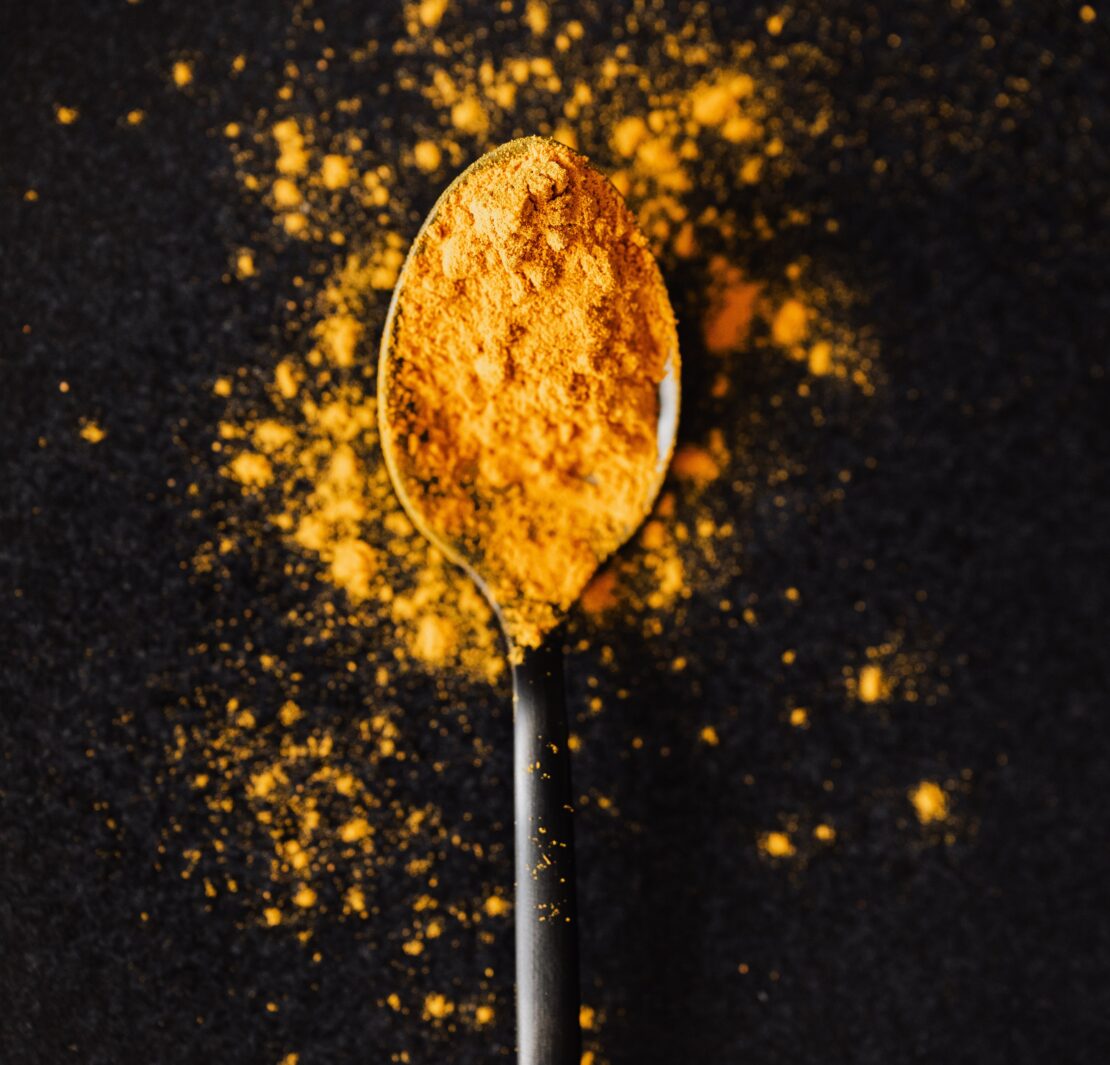Turmeric is a natural plant product that Westerners often use as a food additive to enhance the flavor of different cuisines. However, in other parts of the world, such as East Asia, this same spice is used as a remedy and alternative to Western medicine to meet healthcare needs.1 Curcumin, the principal bioactive agent/ingredient, is responsible for many of its health benefits 2.
The Effects of Curcumin
The mechanism of action of curcumin is not well understood. However, curcumin is known to have different effects on the body 4 (e.g., anticarcinogenic, antioxidative, etc.). Curcumin changes cellular inflammatory responses and prevents oxidative stress. The change in the inflammatory response is what gives it anti-inflammatory properties. Oxidative stress 3 is associated with the development of chronic diseases, such as diabetes, chronic inflammation, and stroke. Curcumin is also known to alter the activity of different enzymes and disrupt the growth of tumors.
These are some of the documented health properties and benefits of curcumin.
Anti-oxidative Properties
One of the primary mechanisms of curcumin is its anti-oxidative properties 5. Curcumin neutralizes free radical cells, which contribute to the development of many chronic conditions 6. As a result, it helps to reduce oxidative stress in the body.
Anti-inflammatory Properties
Another mechanism of curcumin is its anti-inflammatory properties. Curcumin prevents inflammation processes by blocking pathways that are vital for inflammatory activity. Additionally, curcumin reduces inflammatory cells in different inflammatory conditions, like rheumatoid arthritis and inflammatory bowel disease (IBD) 6.
Immunomodulating Properties
Curcumin modulates the body’s immune responses either by enhancing or suppressing immune responses. Research suggests that curcumin activates different cells in the immune system 6.
Anti-microbial Agents
Curcumin has antibiotic, antifungal, and antiviral activities, which helps protect against microbial agents. However, the resistance is against certain bacterial infections 6.
Final Thoughts
Curcumin is generally self. It is associated with very few adverse effects. Research suggests that curcumin is generally well-tolerated and has a low potential for toxicity. However, the risk of side effects increases with increased dosage. In some, curcumin can affect iron levels and induce anemia or iron deficiencies 1. Gastrointestinal distress can also happen in some people 2.

